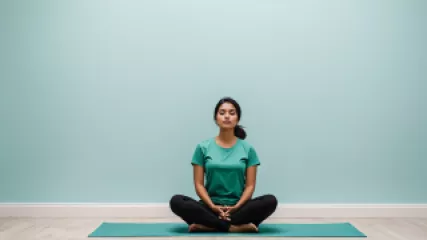Overcoming Health Anxiety: A Rational Perspective
for 1 år siden
Sundhedsangst
Learning Healthy Boundaries Through Mindful Communication
for 1 år siden
Bevidst Kommunikation
Debunking Common Myths About Health Anxiety
for 1 år siden
Sundhedsangst
My Journey with Therapist Self-Disclosure
for 1 år siden
Terapeutisk Selvafsløring
Insights from Industry Experts on Navigating Peer Competition
for 1 år siden
Håndtering af Konkurrence blandt Jævnaldrende
How to Enhance Your Mindful Communication Skills
for 1 år siden
Bevidst Kommunikation
Enhancing Empathy: The Key Role of Communication Skills in Therapy
for 1 år siden
Kommunikationsfærdigheder
Confronting Professional Bias: A Step-by-Step Guide
for 1 år siden
Konfrontere Bias
Top 7 Therapeutic Self-Disclosure Practices
for 1 år siden
Terapeutisk Selvafsløring
Mastering Peer Competition: Lessons from 'The Art of War'
for 1 år siden
Håndtering af Konkurrence blandt Jævnaldrende
Overcoming Bias: A Step-by-Step Guide
for 1 år siden
Konfrontere Bias
Overcoming Health Anxiety: My Personal Journey
for 1 år siden
Sundhedsangst
Hvordan Kan Skoler Effektivt Forebygge Mobning?
for 1 år siden
Forebyggelse af Mobning
At bryde barrierer: En samtale med en mangfoldighedsekspert om at konfrontere fordomme
for 1 år siden
Konfrontere Bias














